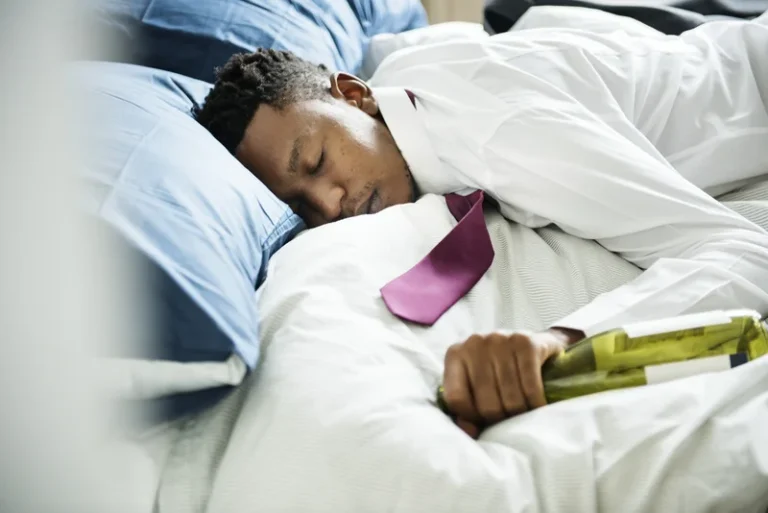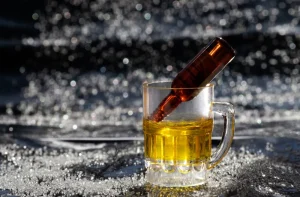
One word of caution for this period of self-discovery, dating other people during this period is not something I would recommend. It’s also important to note that you’re not supposed to save anyone from addiction – it’s not your role., if ultimately you have to consider divorce, don’t blame yourself. Seek help from support groups like Al-Anon family groups, or consider speaking to an addiction counselor to find the support you need to focus on your mental health as well. Another interesting result of alcoholism in marriage is the dynamic of the enabler. The enabler figure often appears in families with small children. As nonalcoholic partners want their children to live in a happy and safe environment, they’re likely to make excuses and cover up the evidence of alcoholism to make the problem disappear.
Understanding Alcohol Use Disorder: The Medical Perspective
When there’s a family unit, alcoholism significantly changes the family dynamics. First of all, nonalcoholic spouses might often blame themselves or try to control the problem by themselves. These effects will trigger a chain of reactions that can place a significant burden on any marriage. As you work towards reconciling with your spouse and creating a new and happy marriage, don’t forget yourself.
How to repair relationships after substance use disorder
If you’ve decided to get sober together, this is an incredible and powerful step to take as a couple. By walking through the recovery process together, you’ll both become stronger and healthier on the other side. Understanding and avoiding triggers have a significant impact on the risk of relapse. Triggers are situations, emotions, or events that can cause a person to drink or participate in harmful alcohol-related behaviors.
Married to an Addict in Recovery? Tips for a Sober Spouse
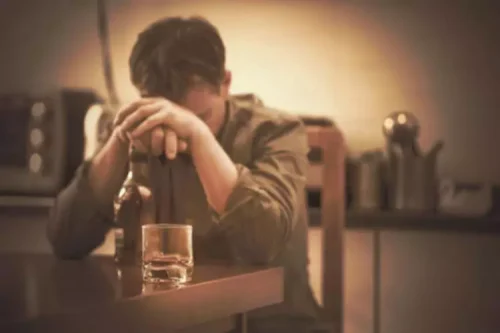
If you’re in recovery for SUD, here’s how you can try to make amends with loved ones whose trust was bruised during addiction. Alcoholism, medically known as Alcohol Use Disorder, involves a pattern of alcohol misuse that leads to significant distress, causing problems in relationships and daily activities. This affliction doesn’t discriminate—it can strike any marriage, irrespective of socio-economic status, love, or the strength of the initial bond. Dealing with addiction, whether your own or a loved one’s, is a complex challenge. Regardless of whether you choose to remain in the relationship or part ways, approach the situation with compassion for both yourself and your partner.
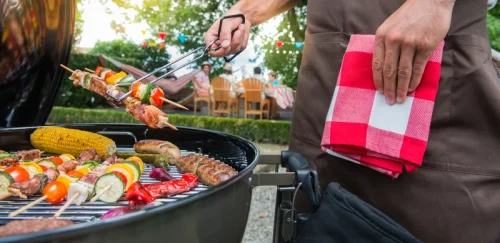
New research reveals how the seeds of a “gray divorce” may be planted early on in a marriage. It’s a common argument, like, here – said, yeah, but I’m done with this. Do you know – can you make the same marriage after sobriety argument about their feelings toward you? You’re responsible of your own feeling, assuming that we’re going to believe you, right? But you cannot control the thoughts and feelings of the other person.
Support groups can help you to learn how to not engage in codependent behaviors. They can also teach you how to emotionally support yourself and become more self-reliant. A twelve step program, mental health professionals, and potentially medications can help them to overcome these challenges, but it doesn’t mean that it will be a smooth ride. As you develop this new relationship, take time to date one another.
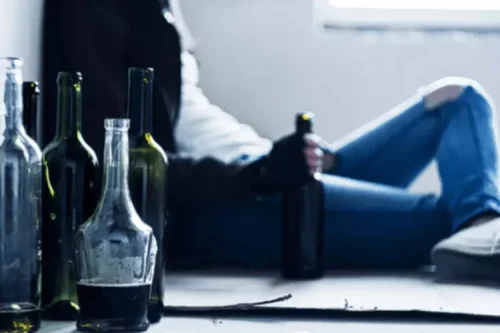
SUGGEST SOBER ACTIVITIES
The single most driving emotion I needed to heal was anger. The time alone gave me space to do my own soul work and attend to my own life. Although many people recover from SUD every day, recovery is often a long and complex process. Your partner may relapse one or more times before finally achieving long-term sobriety. Because of the difficult aspects of substance use recovery, the partner in recovery may not initially have the energy to commit to healing the relationship. Some couples can thrive immediately after the addicted partner becomes sober.
- It can also be challenging to deal with the negative impact addiction has on your relationship.
- His absence from our home gave me the necessary space to process how addiction had turned our lives upside down so quickly.
- If you’re married to an addict in recovery, you’re certainly not alone.
- They both feel sorry for themselves, blame one another, and have guilt and shame, but Underdog feels guilty needing help, and Top Dog feels guilty not giving it.
- My wife, Sheri, and I, have recorded Untoxicated Podcast episodes about our relationship struggles, and they have both been downloaded over 400% more than our third top rated episode.
- Aftercare planning is a significant part of addiction treatment.
- They prefer to make this decision feeling that they have exhausted all other options and, perhaps most of all they want to feel pretty certain that it isn’t a decision they will later regret.
